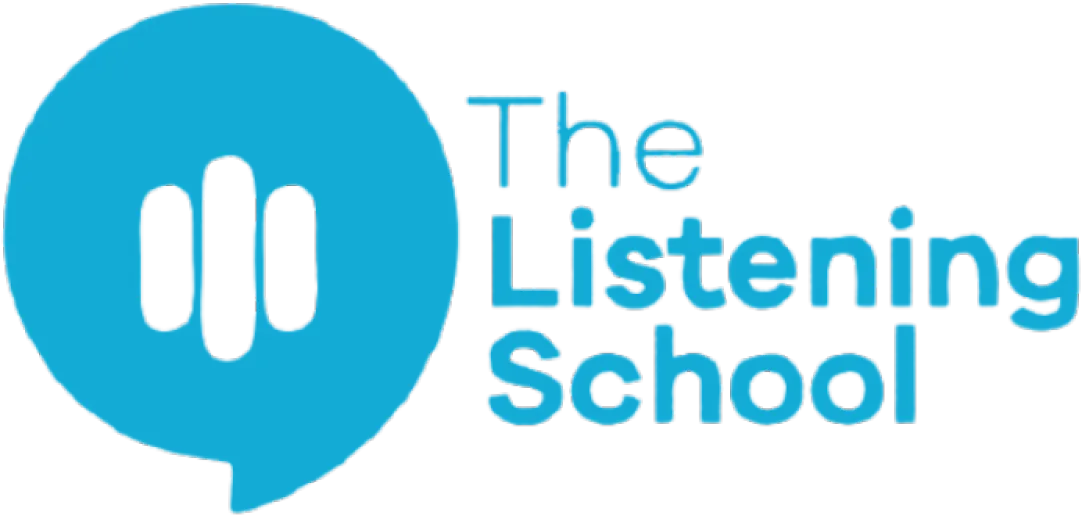
Listening Beyond Words: Understanding the World of the Other
In a world that prioritizes speaking over listening, we often forget that true connection begins with understanding—not just hearing, but listening in a way that acknowledges and respects the reality of another person's experience. John Shotter’s insightful exploration, Listening in a Way that Recognizes/Realizes the World of 'the Other,' dives into the ethical and relational power of listening that goes beyond the surface.
The Distinction Between Hearing and Listening
Too often, conversations are dominated by a need to assert our perspective or formulate responses rather than genuinely engage. Shotter draws on thinkers like Bakhtin and Wittgenstein to highlight how true listening transforms communication into a shared, collaborative process. It's not just about decoding words but creating a "dialogical moment"—a connection that allows mutual understanding to flourish.
When we truly listen, we respond not with pre-made answers but by engaging with the context and emotional reality of the speaker. This kind of listening acknowledges the speaker as a person of worth, creating a sense of trust and belonging.
The Ethics of Listening
Listening is fundamentally an ethical act. It’s about recognizing the other person’s humanity and respecting their individuality. Shotter writes, "If I need you in order to be me, then ethical values are prior to, not a consequence of, our knowledge of the others around us." This means that our responsibility to listen goes beyond technical understanding—it is a moral obligation to make space for the voices of others.
In contrast, when we fail to listen or reduce conversations to monologues, we strip away the shared humanity that makes relationships meaningful. We risk leaving others feeling unheard, isolated, or disrespected.
Practical Implications: How to Listen More Deeply
Creating moments of true listening requires intentionality. Here’s how we can cultivate a listening practice that recognizes and realizes the world of the other:
1. Slow Down: Instead of rushing to respond, take a moment to fully absorb what the other person is saying. This reflective pause creates space for deeper understanding.
2. Engage Fully: Listening is not just about hearing words; it’s about observing the tone, body language, and emotional undercurrents of the speaker’s message.
3. Ask Reflective Questions: Encourage exploration by asking open-ended questions like, "What does that word mean to you?" or "Can you tell me more about how you feel?"
4. Be Present: Avoid distractions and focus entirely on the speaker. Presence conveys respect and signals that their voice matters.
The Transformative Power of Listening
True listening is more than a skill—it is a pathway to understanding and connection. By recognizing and validating the experiences of others, we foster environments where people feel seen, heard, and valued. This ethical approach to communication strengthens relationships and creates a shared sense of "we," laying the foundation for trust and collaboration.
Let’s challenge ourselves to listen more deeply—not just to words, but to the realities and emotions behind them. In doing so, we not only transform our relationships but also honor the shared humanity that connects us all.
For more on the Art of Listening: From Hearing to Understanding", Subscribe to the Art of Listening Podcast on Spotify










